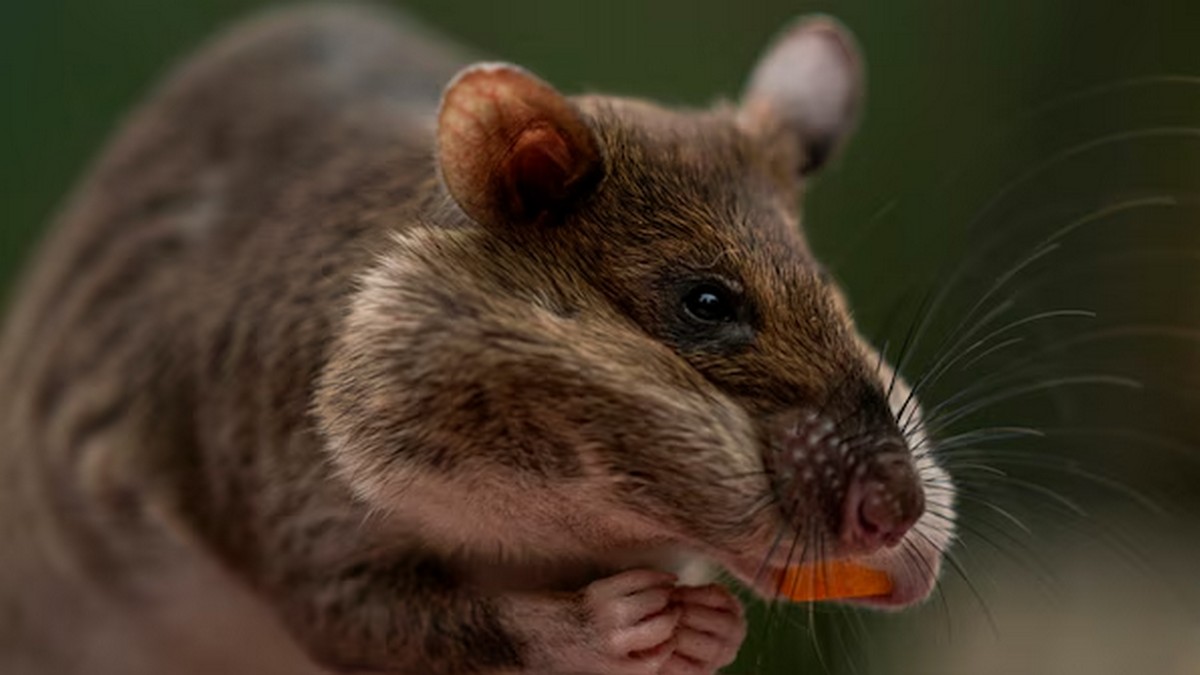Climate change is bad for the planet in many ways.
Floods, fires and famines are occurring like never before and rising sea levels are set to leave tens millions of people homeless.
Now, climate change is causing another problem for humans – a soaring rat population.
According to a new study, more than a dozen cities including Washington DC, San Francisco, and New York City are witnessing significant increases in the number of rats.
But what do we know? How bad is it?
Let’s take a closer look:
What do we know?
As per The Guardian, the study was published in the journal Science Advances.
It examined the rat population from 16 cities across the world.
The study found 11 of 16 cities polled, 69 per cent, had “significant increasing trends in rat numbers.”
As per CNN, the data was collected across an average of 12 years.
Washington DC, San Francisco, Toronto, New York City and Amsterdam had the most increase in rats over the past decade.
Washington DC saw a massive 390 per cent rise in rat numbers, San Francisco witnessed a 300 per cent increase, Toronto recorded a 186 per cent increase and New York a 162 per cent hike.
Toronto is said to be witnessing a “perfect rat storm.”
“When you walk the streets of Toronto, under your feet, deep in the sewage system, is a place teeming with rats,” Alice Sinia, lead entomologist for Orkin, the country’s largest pest control company told the newspaper. “Increasingly we’re flushing them out into open spaces – either through construction or floods – and they have to go somewhere.”
Researchers used public sightings and infestation reports to collate the data.
Other cities polled – Oakland, Buffalo, Chicago, Boston, Kansas City and Cincinnati – also registered increases.
Only a handful of cities – New Orleans, Louisville and Tokyo – witnessed a decline.
However, some notable cities such as London and Paris were excluded from the study.
This is because they did not give the necessary data.
It is important to note that the study did not count the overall rat population.
Instead, it measured increases in reports over time.
But researchers predicted the findings would likely be the same everywhere else.
“There’d be no reason to expect it to be different in other places,” lead researcher Jonathan Richardson, from the University of Richmond in Virginia, told the newspaper.
“We are on our heels and being pushed backward,” Richardson told Vox.
Though the study laid out a number of reasons for the increase in rat population including high population densities and low amounts of urban vegetation, it ultimately laid the blame at hotter temperatures.
As per NPR, rats during cold weather spend less time outside hunting for foot.
Thus, with rising temperatures, rats have more of a chance to look for food – thus increasing the chances of them surviving.
“..we imagine it probably increases their survival over the winter. And we’re pretty sure that that increased food intake also will lead to more reproductive bouts for these rats, which can accelerate population growth,” Richmond told the outlet.
“For millennia — for decades, centuries in New York City — we’ve relied some on winter cold snaps to support population controls,” Kathleen Corradi, NYC’s director of rodent mitigation, told Vox. “We continuously have warmer winters. We know the impact that has on these populations.”
How bad is it?
Pretty bad.
Experts say rats are a massive health hazard to humans.
Matt Frye, a pest expert at Cornell University, told CNN, “Rats are associated with more than 50 pathogens that affect people.”
They can affect people through urine, feces, saliva nest, materials and parasites.
“Rats transmit more than 50 zoonotic pathogens,” Richardson told ABC. “They’re a big a big potential vector for people getting sick with some of those pathogens and the diseases they cause.”
As per Vox, research also connects rat infestations to mental illnesses and depression.
“…when you look even deeper at income level and demographics, it gets even more significant for lower incomes, non-white communities around white individuals,” Corradi told ABC News.
Experts say cities need to change their approach towards rats.
“I think this study is a great first look,” Kaylee Byers, assistant professor of health sciences at Simon Fraser University in Canada, told NPR. “I definitely think we need to be thinking about how our changing cities are going to impact rat populations and climate change is one part of that.”
Byers told the outlet better food waste management and restricting access to trash was the key.
“Rats are, if anything, a reflection of people and our behaviors,” Byers told Bloomberg. “The reason rats do well in cities is because of the food we provide to them, the environments we create for them to thrive in.”
Richardson, speaking to ABC, agreed.
“I think it’s important that we have to move away from traps and rodenticide poisons as the main solution,” Richardson told the outlet. “Cities have to start really embracing this concept of integrated pest management, where instead of just applying poison baits, most of their efforts are dedicated to eliminating those conducive conditions that support the rats.”
With inputs from agencies


)
)
)
)
)
)
)
)
)



